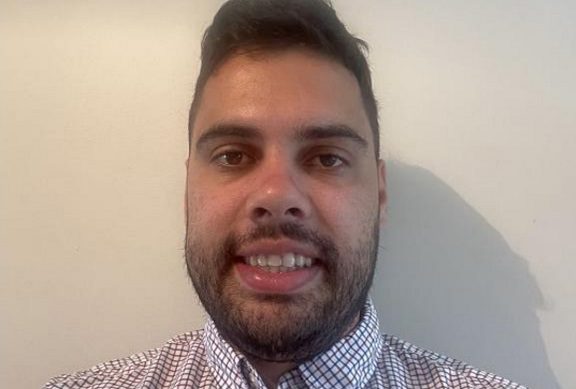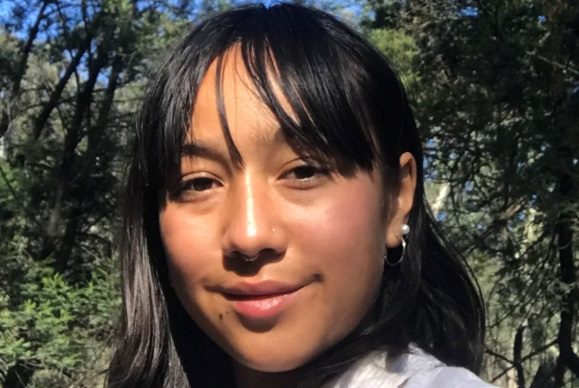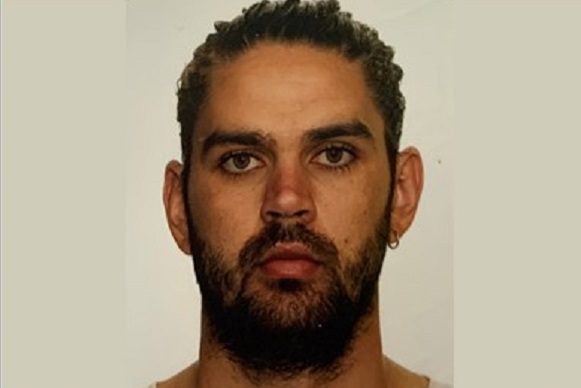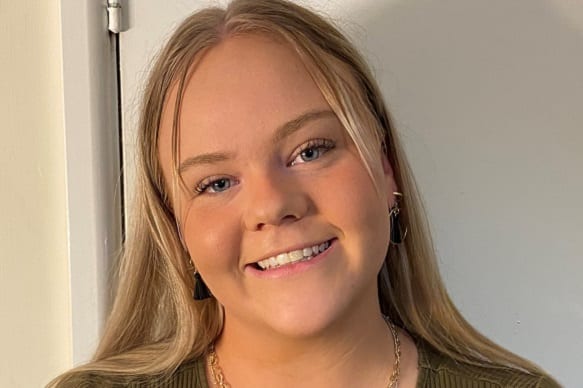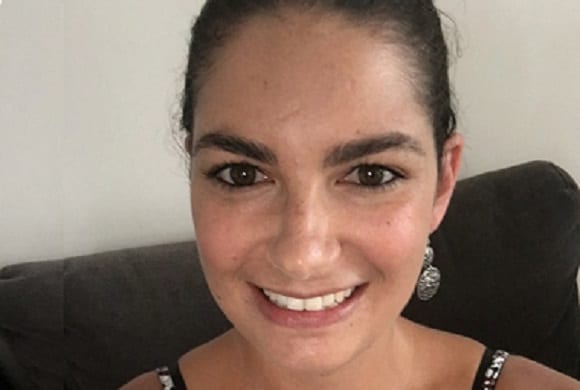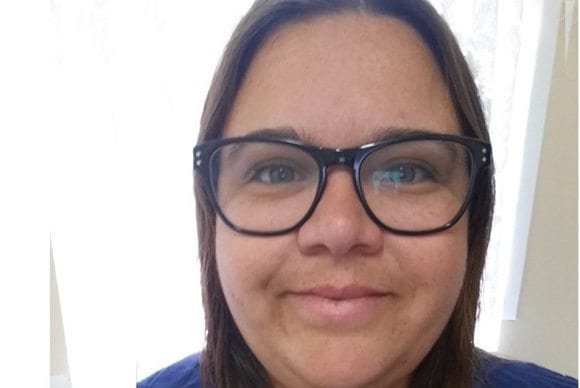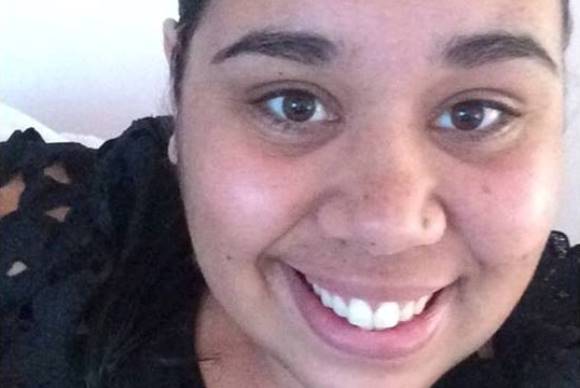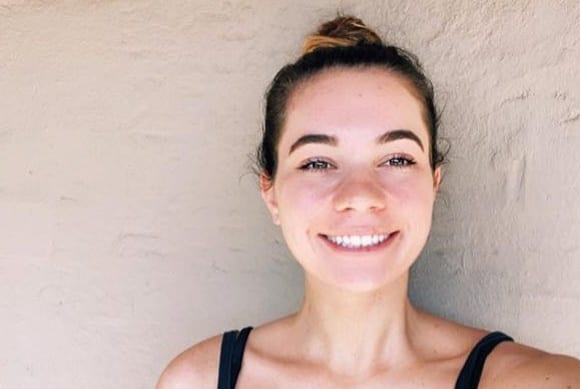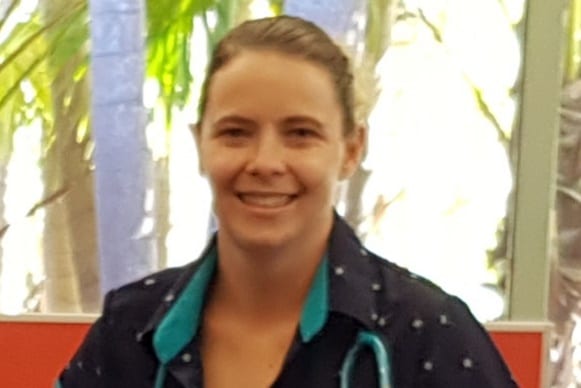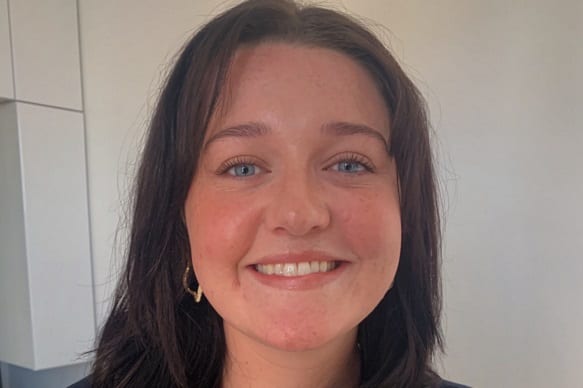Working towards my goal of becoming an Aboriginal doctor I believe that I can contribute in numerous ways to help our mob when I am qualified. I aim to provide support and advocation for Aboriginal and Torres Strait Islander patients and their families. One of my aspirations is to work for a First Nations healthcare service. I strongly believe that familiarity and understanding through empathy and lived experience will be a valuable contribution to improving health and well-being. In a health service I may be the first contact for patients coming in and I believe I can provide a culturally safe experience for mob.
Read more >My aim is to become a registered nurse and midwife so that I can go out into rural/remote areas within Australia and increase health outcomes for Indigenous people. I also aim to learn from the incredible Indigenous midwives who are on country who have birthed many generations and continue to teach new generations their skills. I intend to be a registered nurse and midwife within rural communities so that I can use my qualifications to not only do everything in my power to keep Indigenous peoples on their own country when receiving care as this is a huge problem for Indigenous communities but also to educate for better lifestyle choices.
Read more >No one ever calls a paramedic when they are happy. Paramedics are called upon in distressing times, when someone needs vital, time critical, emergency support. Yet when an Indigenous person is facing such times, they are less likely to call for help due to a general distrust form emergency services. This puts our Indigenous population – my mob – at a greater risk of severe injury or death. As a front-line health worker, I want to change this and I want to change the stigma attached to emergency services among the Indigenous community. This is how I hope to improve Indigenous health as a qualified medical practitioner.
Read more >I have always had a fascination for the human mind. Taking my time to learn about and educate others on the phenomenon of mental processes and techniques has only fuelled my passion. Post-Traumatic Stress Disorder (PTSD) is a topic that holds most of my interest within the field, particularly surrounding the traumas of war and terror. In the future, I hope to work closely with Australian Veterans of war, and more specifically, Indigenous Australian Veterans. I believe mental health support requires plenty more attention amongst veterans and that there is not merely enough assistance for the selfless members of our country integrating into society.
Read more >Indigenous health is an important and broad area with many challenges facing health workers and professionals. From my time working in Indigenous affairs for ten years I have seen first hand how difficult making effective change and advancements can be. I know there is not an easy answer to improving outcomes for Aboriginal and Torres Strait Islander people. What I do know is with the skills and knowledge I have gained through my work and studies I can make a purposeful contribution to improving these issues.
Read more >I started out in the health field when I was a mere 17 year old. I had completed high school, and had completed subjects in school that I enjoyed, rather than what would set me up for a career. When I commenced a traineeship as an Aboriginal Health Worker, I surprised myself with how much I actually enjoyed learning about health.
Read more >When I become a qualified medical practitioner, I aspire to help the Indigenous peoples of Australia by improving their overall health and preventing chronic illnesses.
I am to do this by working rurally and remotely in Aboriginal communities all over the country. I would like to work within an outreach program that targets Indigenous health, usually in remote communities but can also be in rural communities.
Read more >Growing up as an Indigenous woman in a small rural town, I am no stranger to the dangers of a healthcare system that lacks the diversity required to provide adequate care for its Aboriginal communities. My decision to pursue a career in health is motivated by my knowledge of the health gap that exists between Indigenous and non-Indigenous people in Australia. The disparity in morbidity and mortality rates that affect our Aboriginal population is something I believe can be drastically improved through the growing presence of Indigenous health workers and medical practitioners, who have the background and understanding required to develop a more culturally sensitive approach to healthcare.
Read more >Living in the Worimi community as a proud Wiradjuri woman, and being able to call Forster – Tuncurry home for almost 30 years of my life is a proud moment as a 32 year old Wiradjuri woman.
Growing up I always wanted to go attend our Aboriginal culture classes to listen to the teacher share our history, culture, health, lifestyle, respect for elders, storytelling of the famous dreamtime stories and also going on excursions through this beautiful coastline of Lower north coast of N.S.W. I enjoyed, learnt and experienced our rich vibrant Aboriginal history throughout the Worimi and Birpi Elder’s on bush walks giving detail to how our culture survived for over 60 000 years to date.
Read more >As a Wongaibon woman from western NSW, I appreciate the value of having a strong and accessible healthcare system and services outside of metropolitan areas. Which is why I am passionate about creating equitable rural health and life outcomes throughout my medical career through the improvement of healthcare access and service.
Read more >